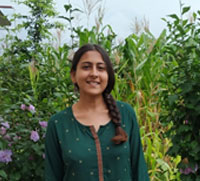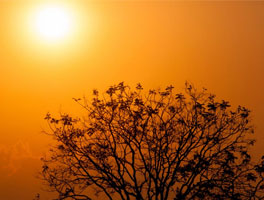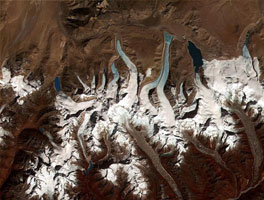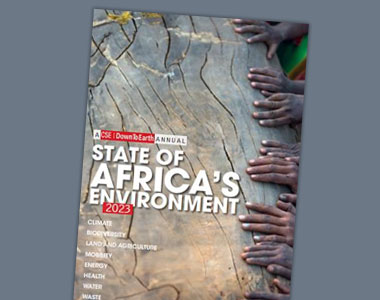 |
Dear readers,
Welcome to the Climate Weekly newsletter by the Centre for Science and Environment’s Climate Change
programme and Down to Earth.
This month in Geneva, countries gathered to further discussions on climate finance – i.e., the money that developed countries owe developing countries to build green projects and adapt to climate change impacts. While it was a planned meeting scheduled under the Paris Agreement – the global climate treaty – I followed the proceedings keenly to gauge how negotiations are progressing as countries decide what can be a decent amount of annual money to help the developing world with its climate transition.
Currently, as decided somewhat arbitrarily in 2009, $100 billion is expected to be transferred annually to developed countries – but in no year so far has this goal been fully met. Developing countries have long been demanding a new target for yearly financial assistance to address climate change. It was against this backdrop that the Geneva conference reflected on the real “needs” of developing countries. Specifically, two key questions were discussed: 1) what monetary arrangements would best serve the climate needs of developing countries, and 2) how we can get more transparent data from developed countries on the actual climate finance flows. The discussions will feed into the climate finance conversation at the upcoming COP 28 summit to be held in Dubai.
Closer to home, the early onset of winter in parts of Odisha could have prompted migratory birds to fly millions of kilometers to the Chilika Lake earlier than usual. Read about how systemic factors, not just ecological fragility, have contributed to the wake of ecological disasters in the Himalayan region, and why indigenous knowledge is crucial for addressing the same. Watch Down to Earth’s explainer on the glacial lake outburst that caused calamitous flash floods in Sikkim earlier this month.
This month, CSE and the Media for Environment, Science, Health and Agriculture (MESHA-Kenya), launched the inaugural edition of the ‘State of Africa’s Environment 2023’ report in Nairobi this week. Read the comprehensive report here.
|
|
 |
| |
 |
|
| |
 |
 |
| |
By - Sehr Raheja
Climate Change, CSE
|
| |
|
 |
|
|
| |
 |
|
| |
| EXTREME WEATHER TRACKER |
| |
Climate change made September heat in South America 100 times more likely, 11 October 2023
|
 |
 |
|
|
| |
 |
|
| |
 |
 |
Glacial lake outburst floods in Alaska and the Himalayas show evolving hazards in a warming world, 10 October 2023
|
|
|
| |
|
|
| |
|
|
| |
 |
|
| |
|
|
| |
|
|
| |
|
|
| |
 |
|
| |
|
|
| |
 |
|
| |
CLIMATE NEWS | SCIENCE| IMPACTS| POLITICS |
|
| |
 |
|
| |
|
|
| |
 |
|
| |
|
|
| |
 |
|
| |
|
|
| |
 |
|
| |
|
|
| |
 |
|
| |
|
|
| |
 |
|
| |
|
|
| |
 |
|
| |
|
|
| |
 |
|
| |
|
|
| |
 |
|
| |
|
|
| |
 |
|
| |
|
|
| |
 |
|
| |
|
|
| |
 |
|
| |
|
|
| |
 |
|
| |
|
|
| |
 |
|
| |
|
|
| |
 |
|
| |
|
|
| |
 |
|
| |
|
|
| |
 |
|
| |
|
|
| |
 |
|
| |
|
|
| |
 |
|
| |
|
| |
|
|
| |
|
CSE-Down To Earth investigation |
|
|
|
 |
 |
|

|
|
|
| |
|
|